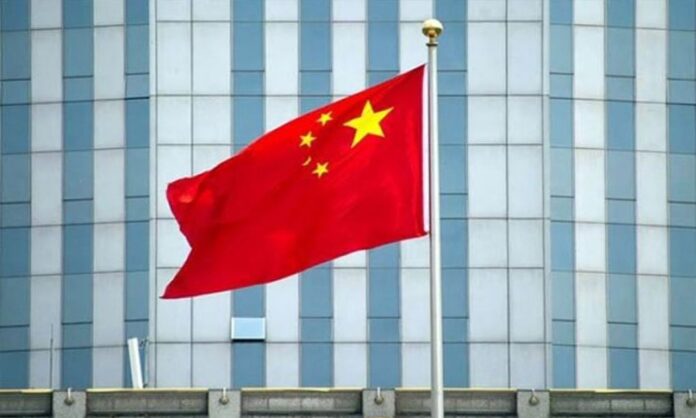China to hold 20th Communist Party congress from October 16
According to the Chinese media, China’s ruling Communist Party will begin its 20th Party Congress on October 16, a landmark meeting at which President Xi Jinping is expected to be anointed as the country’s most powerful leader in decades. The meeting in the capital Beijing is widely expected to see Mr. Xi reinstated as president for an unprecedented third term. It will also see the unveiling of a new top leadership line-up, as Mr. Xi consolidates his grip on the party and his position as the most powerful Chinese leader since the country’s founder Mao Zedong.
The meeting in the capital Beijing is widely expected to see Mr. Xi reinstated as president for an unprecedented third term.
It will also see the unveiling of a new top leadership line-up, as Mr. Xi consolidates his grip on the party and his position as the most powerful Chinese leader since the country’s founder Mao Zedong.
The congress — held every five years — will be an “extremely important conference”, according to a report by state broadcaster CCTV on a Monday meeting of the country’s 25-member Politburo.
Preparatory work for the conference is “progressing smoothly”, the report added.
The event will see about 2,300 Communist Party delegates from across the country descend on Beijing in a highly choreographed exercise to pick members of the party’s Central Committee of around 200 members.
The final meeting of the current Central Committee will take place in Beijing from October 9, the report said.
The Central Committee will then vote for the 25-person Politburo and its all-powerful Standing Committee — China’s highest leadership body and apex of power, currently comprised of seven people.
Voting is mostly a formality — the pecking order of the Politburo and its Standing Committee is likely to have been decided well in advance.
The congress comes as Mr. Xi faces significant political headwinds, including an ailing economy, deteriorating relations with the United States and a strict zero-Covid policy that has accelerated China’s inward turn from the world.
He has also faced harsh human rights criticism from the international community over repressive policies in the northwestern Xinjiang region, which have seen an estimated one million Muslim Uyghurs detained in a sweeping crackdown ostensibly targeting “terrorism”.
His decade-long tenure has also seen crackdowns on corruption within the party, which analysts say served to take down his political rivals, as well as the crushing of a democracy movement in Hong Kong and strict lockdowns on cities in the name of curbing the coronavirus.
Mr. Xi also ushered in an assertive “Wolf Warrior” foreign policy that has alienated Western democracies and some of China’s regional neighbours, and pushed for closer ties with Russia while cultivating domestic nationalism to rampant levels.
He abolished the presidential two-term limit in 2018 — originally set up by former leader Deng Xiaoping in the 1980s to prevent another Mao-like dictatorship — leaving the possibility of him becoming leader for life.
Over the past year, Chinese propaganda has worked in overdrive to bolster Mr. Xi’s legacy, diminish the achievements of his predecessors and further enshrine him in the highest echelons of the Communist Party.
Analysts predict that at this year’s congress, Mr. Xi will be looking to shorten the name of his official political philosophy in the party constitution to the pithier “Xi Jinping Thought”, putting him on par with Mao.
Chinese envoy Zhao Shiren urges students to uphold integrity and strengthen China-Pakistan ties
LAHORE:The Consul Generals from several countries and other distinguished guests attended …











